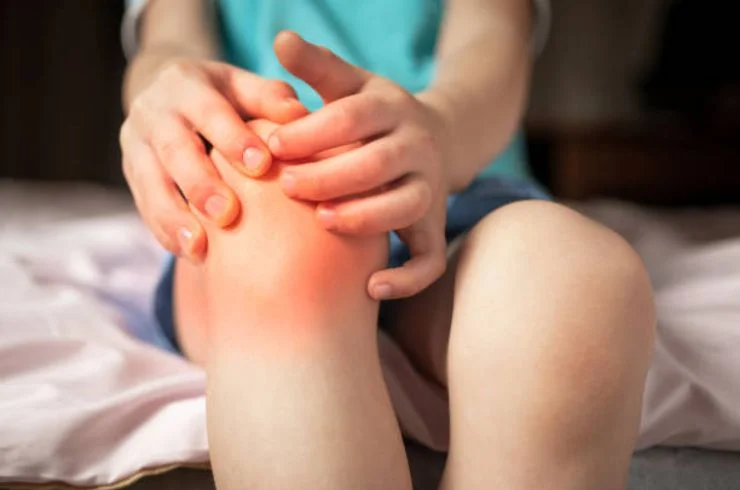Childhood Arthritis

Childhood Arthritis
Childhood arthritis, also known as juvenile idiopathic arthritis (JIA), is a group of autoimmune and inflammatory conditions affecting children under the age of 16. It is characterized by persistent joint inflammation, pain, stiffness, and swelling, which can last for six weeks or more. JIA is the most common type of arthritis in children, with several subtypes, including oligoarticular, polyarticular, systemic, and enthesitis-related arthritis.
Symptoms vary depending on the subtype but often include joint pain, morning stiffness, swelling, and limited range of motion. Some children may experience systemic symptoms like fever, rash, fatigue, and organ involvement. If untreated, JIA can lead to growth disturbances, joint deformities, and reduced physical function.
The exact cause of JIA is unknown but is believed to result from a combination of genetic predisposition and environmental triggers leading to an abnormal immune response.
Diagnosis involves a detailed medical history, physical examination, blood tests (e.g., ANA, RF, ESR, CRP), and imaging studies to rule out other causes of symptoms.
Treatment aims to control inflammation, relieve pain, and prevent joint damage. It includes disease-modifying antirheumatic drugs (DMARDs), biologics, NSAIDs, and physical therapy. Early diagnosis and a multidisciplinary approach are critical for improving outcomes and helping children lead active, healthy lives.
